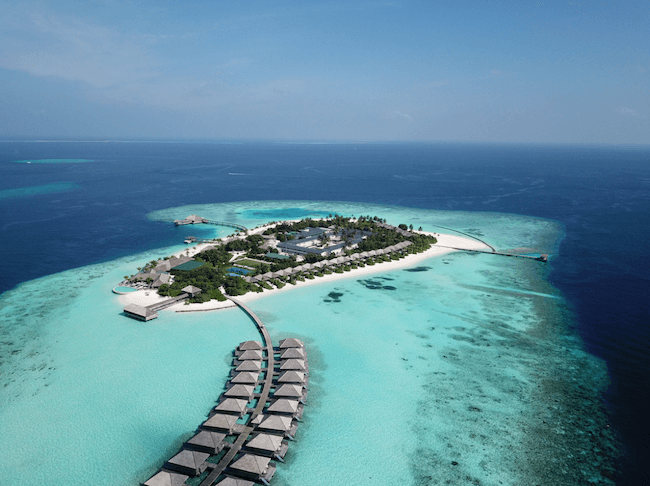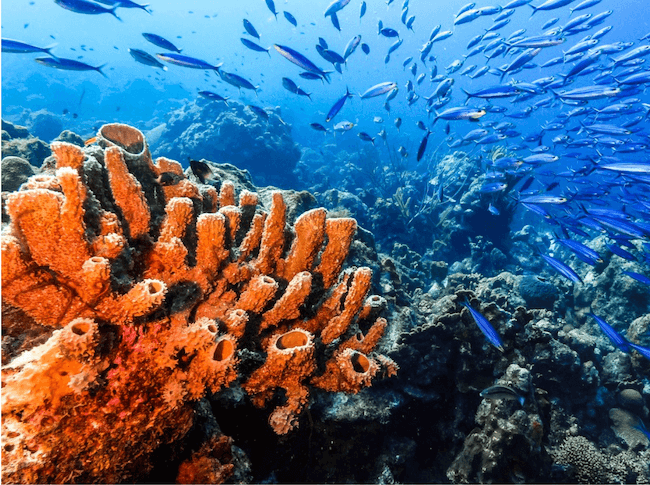Coral reefs are some of the most important ecosystems on the planet. They support more species per square meter than any other environment. These delicate habitats include some 4,000 species of fish, 800 species of hard coral, and millions of microorganisms. What’s more, many marine biologists believe this is just the tip of the iceberg, with many millions of other species waiting to be discovered. This rich biodiversity is key to numerous scientific developments, including medical research. In this article, we explore the importance of coral reefs and why they’re so vital to the environment globally.
The importance of coral reefs: 5 reasons why we need to protect these delicate ecosystems
1. A vital habitat
The importance of coral reefs hinges on their biodiversity. Scientists estimate that coral reefs host more than a quarter of all marine life. This makes coral reefs one of the most diverse ecosystems on Earth. Furthermore, coral reefs are also vital to fish breeding, as they host the young of species that live further out to sea. However, it isn’t just marine life that coral reefs host; the role they play in forming land masses also means coral reefs are important to human cultures. For example, coral reefs in the Indian and Pacific Oceans are crucial resources for human cultures who cultivate the soil and live on the islands formed by coral reefs.
2. Coastal protection

Although coral reefs cover less than 0.2% of the sea, they run along more than 90,000 miles of coastline. Due to their location in shallow, coastal waters, they are crucial to the protection of the coasts of more than 100 countries. Their construction makes them very effective for absorbing wave energy and reducing coastal erosion. Therefore, they provide critical protection against storms and hurricanes. For instance, atolls like the Maldives and the Marshall Islands probably wouldn’t exist without the protection of coral reefs.
3. An important source of food
The importance of coral reefs also has a significant impact on human populations. Over 275 million people live within 20 miles of a coral reef, and as a result, coral reefs are an important source of food for many human communities. Reef species comprise roughly a quarter of all fish caught in the developing world and island communities. According to research, a “well managed” reef ecosystem can sustain catches of between 5 to 15 tons of fish and crustaceans per square kilometer. Therefore, it is essential to protect these waters from pollution.
4. Economic significance
The importance of coral reefs is also essential to human cultures. On many small islands, a huge proportion of economic development is dependent on coastal tourism. Therefore, local economies benefit an enormous amount from reef ecosystems, generating billions of dollars from visitors to coral reefs. Furthermore, income generated from fishing is also important to small and developing economies. For example, studies suggest that the revenue generated from coral reef fisheries amounts to $29.8 billion globally.
5. Medical research

Coral reefs are vital to the advancement of medical research. Many chemical compounds produced by this vast biodiversity have been crucial to the development of drugs to treat leukemia, cancer, and HIV. Furthermore, due to the similarity between coral skeletons and human bones, coral has also been used for bone grafts and anti-cancer agents.
No comments yet
There are no comments on this post yet.






Leave a comment